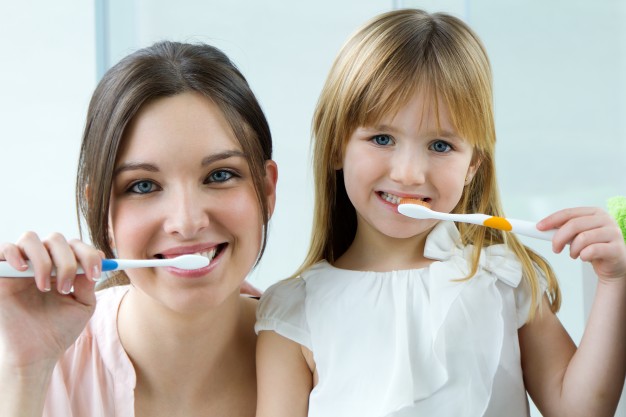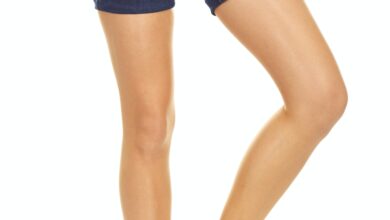
Avoid These Seven Common Oral Hygiene Mistakes
Regularly brushing and flossing your teeth makes for good dental hygiene, but that is not all. When you have good oral health, you are less likely to suffer from heart disease, which emanates from the oral bacteria finding their way to your bloodstream. Unbeknownst to you, you might be making some of the following mistakes even as you take care of your teeth and gums.
1. Flossing All Your Teeth With Only One Section Of The Dental Floss
Flossing removes germs from the area of your gums between your teeth. Inappropriate flossing techniques will be counterintuitive and simply spread the bugs throughout your mouth. Be careful to use different sections of the floss every time.
2. Brushing Your Teeth Immediately After Meals
It might seem like the right thing for you to do when you brush your teeth after eating, but it might make matters worse instead of helping the situation. Some of the food you eat can be quite acidic. This acid remains in the mouth for some time after you have eaten.
By immediately brushing your teeth after a meal, you push the acid to inaccessible parts of your teeth, and the acid eats the enamel that protects your teeth. Instead of brushing your teeth immediately, rinse out your mouth with clean water. If you must brush your teeth, wait for at least thirty minutes.
3. Brushing Too Vigorously
You might have heard that the harder you brush, the more plaque you remove, but this cannot be farther from the truth. Doing so only wears down your enamel and makes your teeth sensitive to acidity, heat, or cold. If you like taking ice cream, you should think twice about how you brush your teeth. They need tender loving care; otherwise, you might even have receding gums and exposed roots.
4. Concentrating Only On Your Teeth
Good oral hygiene does not start and end with the teeth alone, and neither does it only include the gums. Your tongue can act as a reservoir for bacteria, which will eventually lodge in your teeth and gums. Use either your toothbrush or a tongue scraperto rid your tongue of these bugs once every day.
5. Brushing Without Rinsing
The amount of fluoride you retain in your mouth after brushing your teeth could mean the difference between a productive routine and a waste of time. Rinse your mouth with a fluoride rinse or take a blob of toothpaste and swish it around your mouth with a little bit of water before spitting it out. Rinsing this way gets rid of bugs and strengthens the teeth.
6. Using The Same Brush For Too Long
You shouldn’t get too sentimental with your brush. Three or four months are enough for you to start thinking about getting a replacement. Waiting much longer than this will be pointless since the brush will have frayed bristles and won’t work effectively.
7. Brushing Momentarily
Brushing your teeth should take you no less than two minutes at a time. If you use less time than this, your teeth will not have received sufficient cleaning. The amount of time you spend brushing your upper teeth should not be less than the time it takes you to clean your lower teeth. Give them the same amount of time. A timer would be handy, but this comes with an extra cost, given the priciness of electric brushes.
Now that you know the mistakes to avoid when brushing your teeth, do the right thing; and do it correctly. Cleaning your teeth takes a scientific approach, but there is also a bit of artistry involved.



